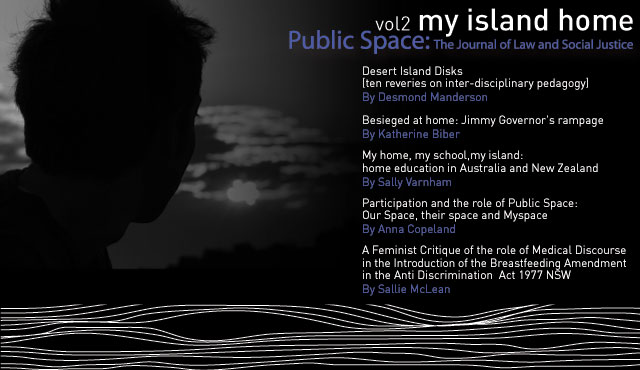My home, my school, my island: home education in Australia and New Zealand
Main Article Content
Abstract
“I suppose it is because nearly all children go to school nowadays, and have things arranged for them, that they seem so forlornly unable to produce their own ideas”
Agatha Christie
There is evidence that more and more parents in the developed countries worldwide are choosing to educate their children at home. This is despite, or because of, the existence of comprehensive government education systems which assume state responsibility. New Zealand and Australia, in common with countries in the European Community, the United States and Canada have education legislation which aims to ensure that education is free, available and compulsory to all children generally between the ages of 5 and 15. Government schools are publicly funded and this funding inevitably comes with varying degrees of state control. There is also, in New Zealand and Australia, private and church education available for those parents who want a formal education for their children outside the government system. Despite these alternatives, parents are increasingly electing not to entrust the education of their children to any of the formal systems and are choosing instead to assume sole responsibility for this education. How do governments respond to this exercise of parental choice? This paper examines the current legal position of home education in Australia and New Zealand. It considers the reasons so many parents are now choosing to opt their children out of schools and keep them at home; and the extent to which the state allows them this choice.
Agatha Christie
There is evidence that more and more parents in the developed countries worldwide are choosing to educate their children at home. This is despite, or because of, the existence of comprehensive government education systems which assume state responsibility. New Zealand and Australia, in common with countries in the European Community, the United States and Canada have education legislation which aims to ensure that education is free, available and compulsory to all children generally between the ages of 5 and 15. Government schools are publicly funded and this funding inevitably comes with varying degrees of state control. There is also, in New Zealand and Australia, private and church education available for those parents who want a formal education for their children outside the government system. Despite these alternatives, parents are increasingly electing not to entrust the education of their children to any of the formal systems and are choosing instead to assume sole responsibility for this education. How do governments respond to this exercise of parental choice? This paper examines the current legal position of home education in Australia and New Zealand. It considers the reasons so many parents are now choosing to opt their children out of schools and keep them at home; and the extent to which the state allows them this choice.
Article Details
Issue
Section
Articles
Copyright in the manuscript remains with the author(s). The author(s) grants the University of Technology, Sydney a licence to exercise any exclsuive rights of the copyright owner required to publish, distribute and advertise PublIc Space: the Journal of Law and Social Justice.
